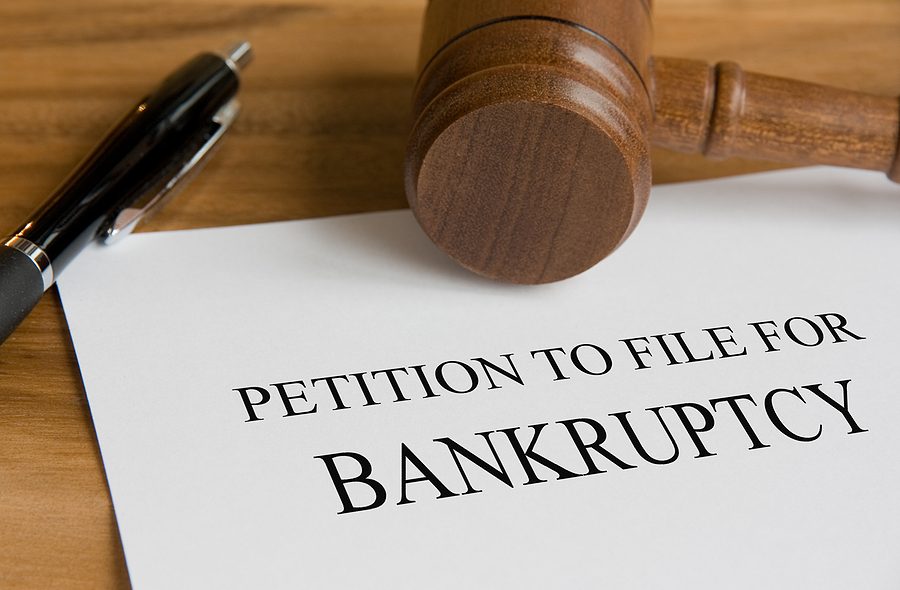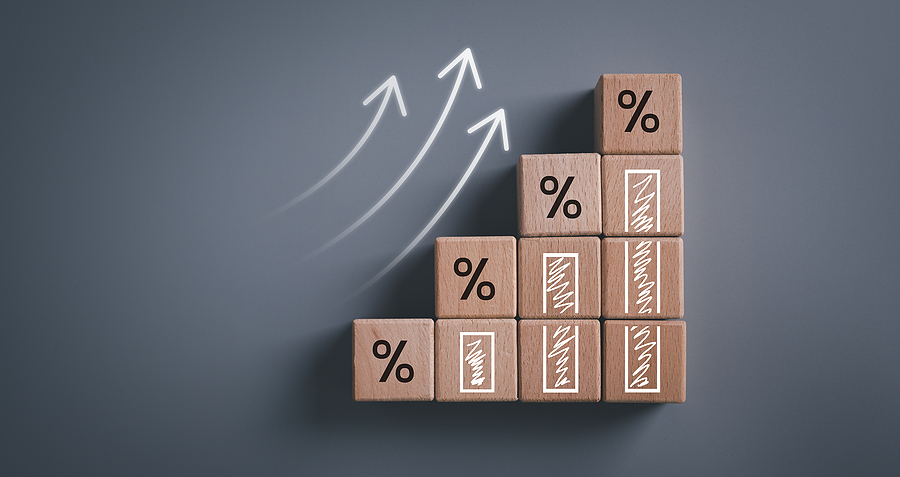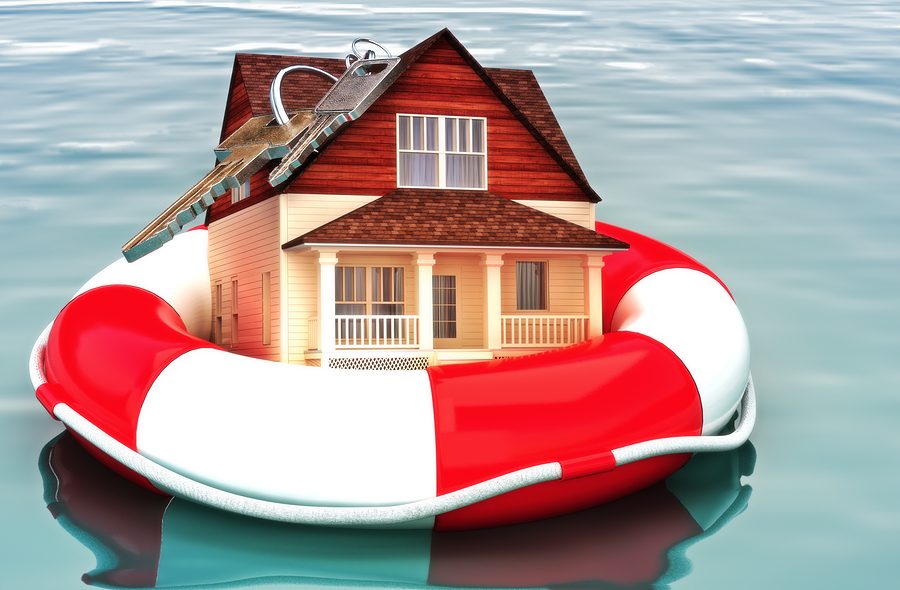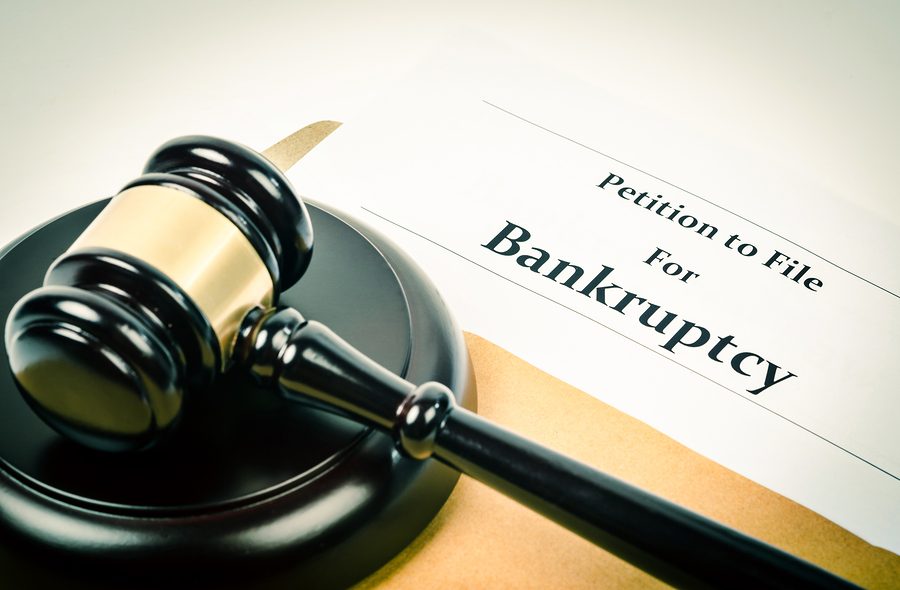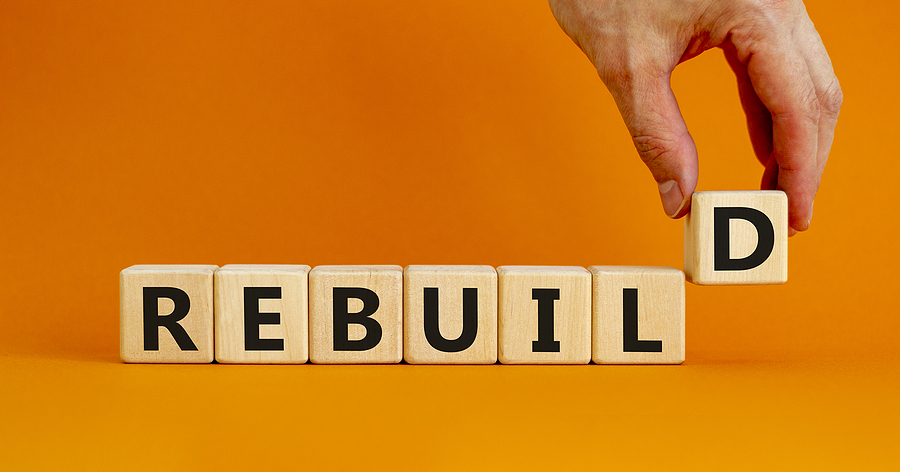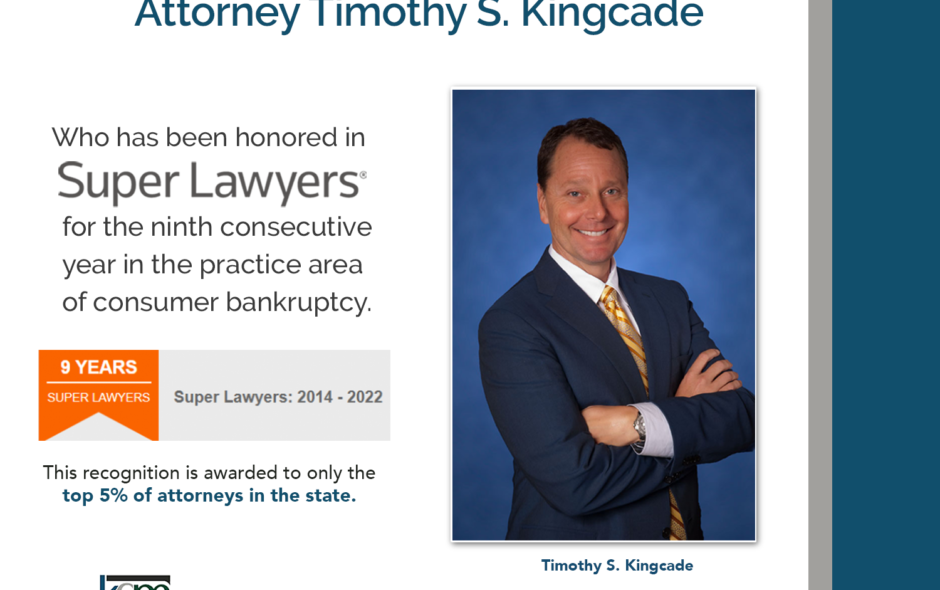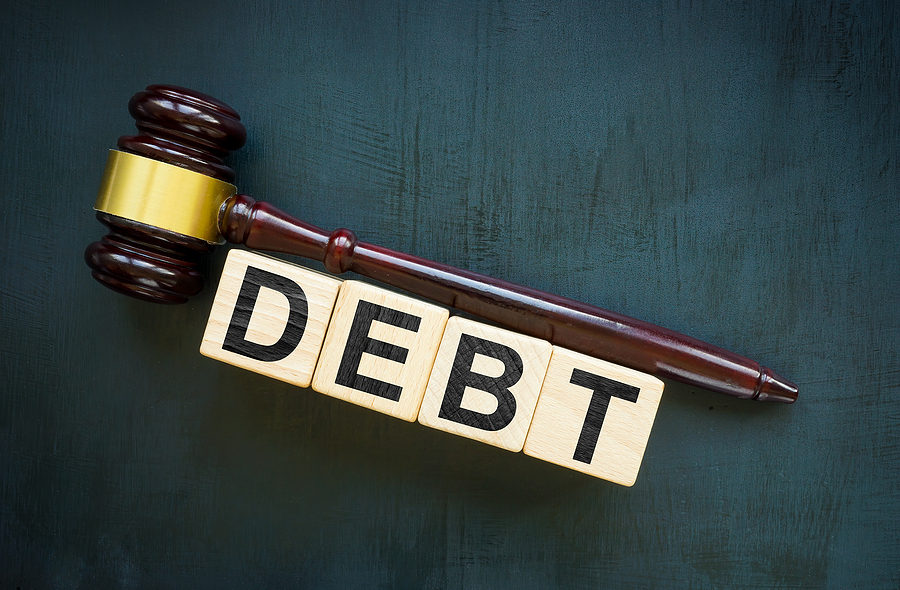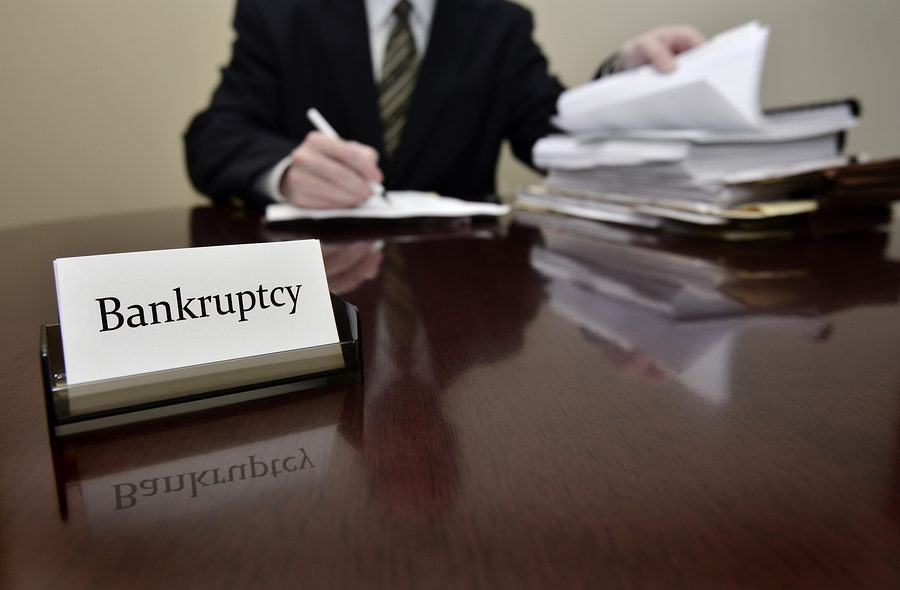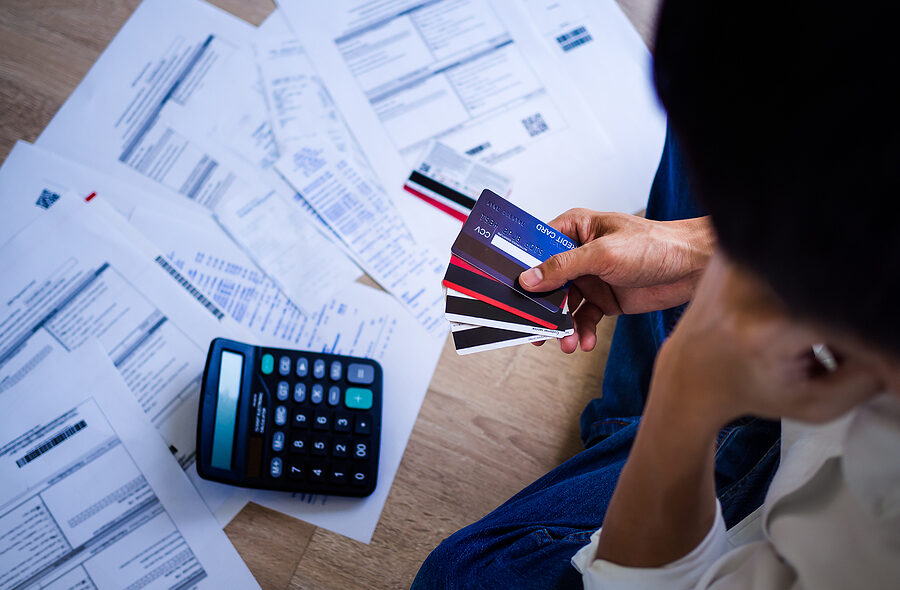U.S. consumer bankruptcy filings are on the rise again, across all chapters, according to data recently published by Epiq Bankruptcy. This increase in filings represents a change in the trend previously seen with new bankruptcy cases, as numbers have been on the decline since the start of the COVID-19 pandemic.
According to Epiq, the total number of commercial bankruptcy filings increased by twelve percent (12%) in January. In January 2023, 1,694 new commercial bankruptcy cases were filed, as compared to 1,508 filed in January 2022.


